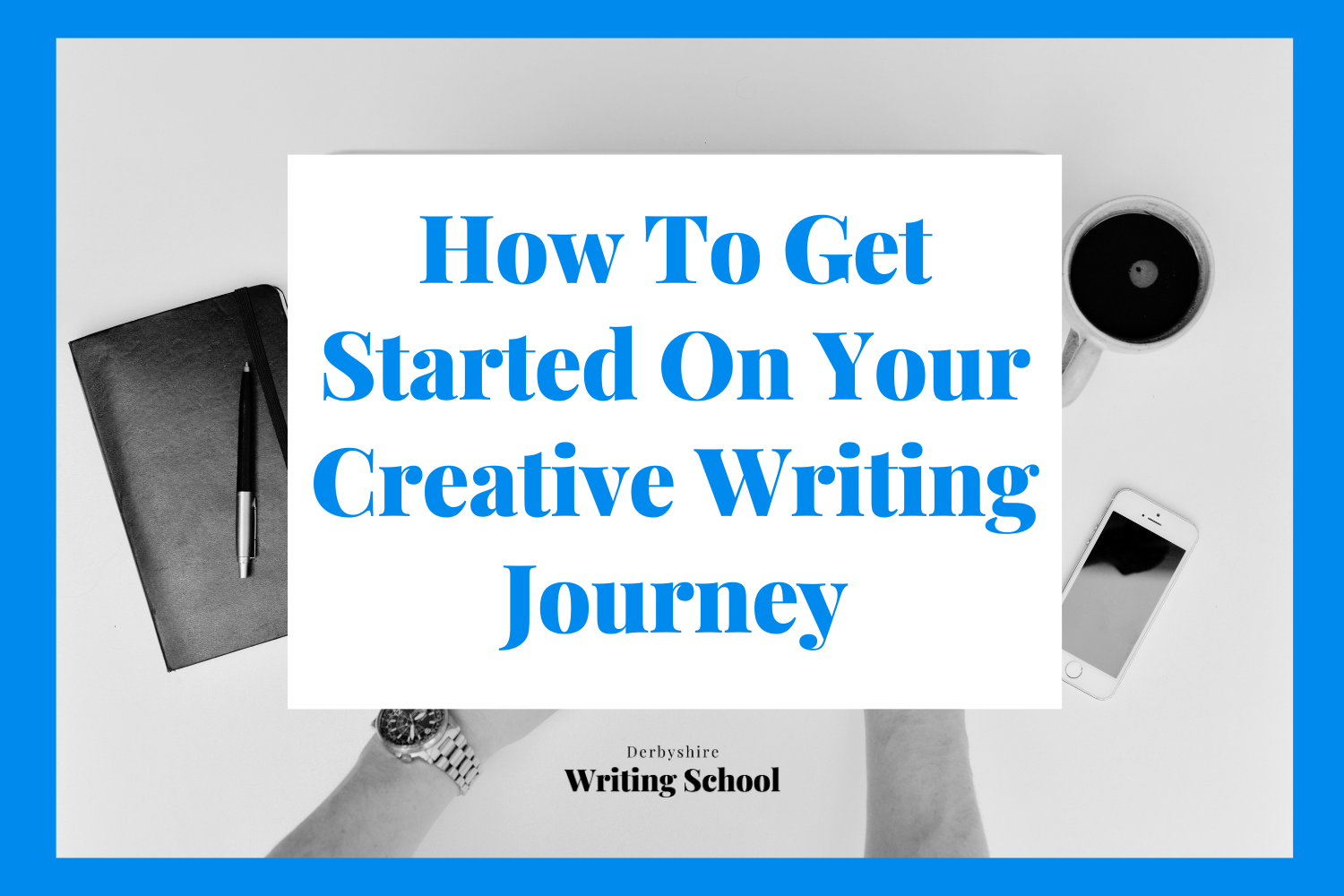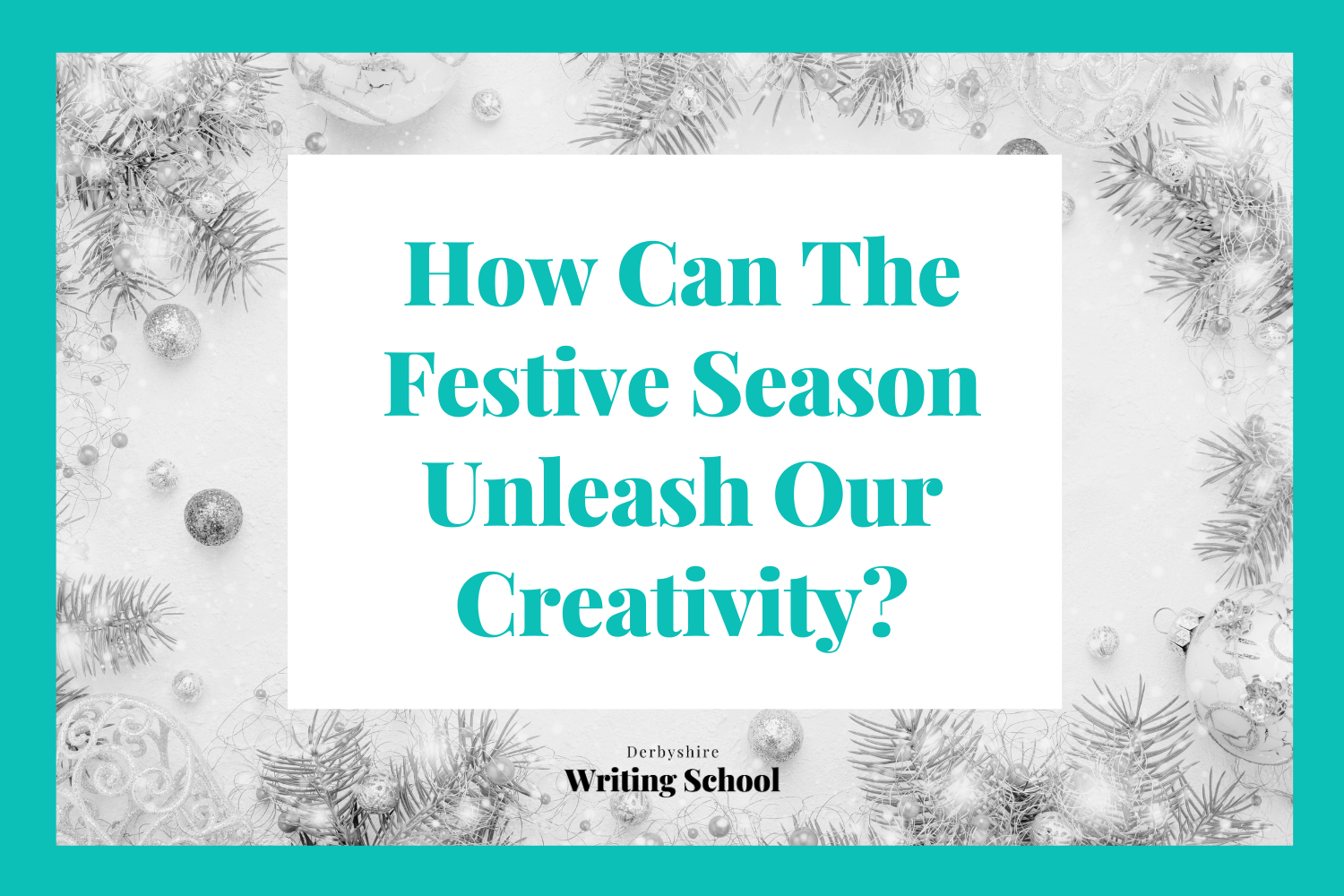What Is World Building? Do I Need A World For My Story?
World building is the process of putting together the world your story is set in.
World building often sounds intense and confusing, and building a world seems like something that might only be relevant for dystopian or sci-fi novels. But the truth is, all writing is based in some sort of world. Even if it is the one we live in now. As writers, it’s our job to use description, setting and place to bring our readers into the world we are writing about.
World building will help you build up a more detailed image of your world and make you think about all the elements that make up your setting.
When should you build your world?
Before diving into writing your story, it is important to get an idea of what your world is like. This is where the world building process will help you design, visual and build a thriving place for your characters to explore. Like when creating a character, the more you know about your world, the more rounded and believable it will be. There are many different aspects of your world to think about, and we will cover some of the most important elements.
5 Things every writer must consider when world building
1. Setting
One of the first things you should think about is whether you want your story to be set in a ‘real’ world – this can be a historical or modern era – or you want to set your story in a world you’ve made up.
If you want to write about a certain time period or a particular setting, the more research, you do, the more historically accurate, and therefore believable, it will be. However, if you choose to write about your own make-believe world, it would still be useful to do some research and be clear about what the setting looks like. Remember that world building isn’t just reserved for fantasy or sci-fi writers, every story needs a setting, every genre. Even if your writing about actual places, you need to bring this to life for your reader.
2. Technology
What is the technology like in the world you’ve created? Is it significantly more advanced than our own, or is it practically non-existent? If there is technology, who has access to it? Is it freely available to everyone or is it restricted? How does that technology work? Does it use magic, alien technology or just science? Have huge medical advances been made? Perhaps illness has been eradicated altogether? Is one form of technology prioritised over another? For example, perhaps medical research has been put on the back foot, whilst money has been invested into making teleportation possible. Or is everything the same as it is now?
So many questions. So many answers. When you start to consider the details of your world – like technology, you start to build your world through details, and details make all the difference.
3. Government
How is your world ruled? Determining how a country/kingdom/civilisation is ruled will also help to determine the behaviour and lifestyle of the people that inhabit that world. If the people are free, they will have a considerably different lifestyle to a people who are led by a dictator.
Is there a Queen that makes the rules? Maybe an emperor or perhaps a group of people who make important decisions together. Is the leader a tyrant or are the people allowed a say? What is the relationship between other governing bodies like?
It is not uncommon for leaders to have meetings and host dinners in order to become allied with others. Relationships between other places are also a factor that affects the lives of the common people too. Or does the government not play any role in your world? Is it a free state? What problems or solutions arise because of this?
Understanding the bigger picture can help you create boundaries for your world. It can help you understand where your character fits, or maybe doesn’t fit. Zoom out, as well as focusing on the details.
4. Education
Whilst your characters may not go near a school, it is still useful to consider what the education system is like because it helps build your characters’ depth and it allows you to start to pencil in their past.
Is education mandatory until a certain age or is it a choice? Are there different types of education you can go to, i.e can you choose to do an apprenticeship or go to a school? Do gender and class impact a person’s access to education or is it accessible to anyone?
Another thing to consider is what is taught and what values are encouraged? The level of education and what knowledge is taught will impact what the characters in your book know or believe to know. If the government wants people to believe a certain truth, one of the ways they will do this is by indoctrinating it into schools. What does your character think about education? How does education shape your world?
5. Religion
Are the characters in your book religious? If so, what religion do they believe in? Is one religion followed or are there several? You can choose to write about an existing religion or create one of your own, but again, research will be your best friend when creating a believable or accurate representation of a religion.
Your character’s religious status may affect their lifestyle and actions. For example, some religions do not eat certain foods, wear unique items of clothing and have rituals and celebrations for their Gods and this, in turn, will affect the world you create. We can’t think of a better example of this one, other than Margaret Atwood’s Handmaid’s Tale.
World building is for everyone
There are many more different aspects of your world that you should think about, but hopefully, these elements will help you get started. Remember, research will help you build your world and add depth to your writing, but you do not need to include everything you know into your story, otherwise you risk bombarding your readers with information not necessarily linked to the plot. But the details, research and your thoughts around world building all help with the backstory. The information that isn’t on the page but can be shown through the depth of your characters.
Whatever world you’re creating, spending some time researching and planning the world your characters live In, is never wasted.
Fancy learning more about writing fiction?
Come and join our How To Write Your First Novel course.
This post was written by Megan Harris. Megan is a guest blogger. She is an avid bookworm and film watcher who loves anything packed with action and unexpected turns. From a young age, she has always been daydreaming of far-off lands and daring adventures, and at the age of 15 began to write her own tales and poetry which she shares on her Instagram page @meganilonaharris .













